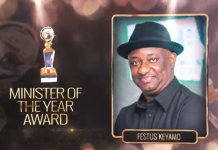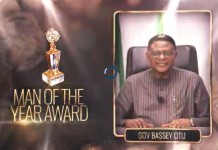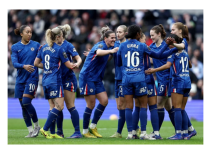Nigerian actress and media personality, Lolo 1, has condemned the aggressive actions of security operatives who dispersed peaceful protesters in Abuja with tear gas.
The protest, organized by the Take-It-Back Movement, sought to amplify voices calling for better governance and accountability. But instead of dialogue, it was met with smoke and panic.
In a bold callout that has stirred national conversation,Lolo 1, never one to mince words, took to social media to question the excessive display of force. “If nothing like violence has happened, is the show of force not too aggressive?” she asked pointedly. Her concern echoes the sentiment of many Nigerians who watched the scene unfold with a mix of shock and frustration.
Eyewitnesses at the protest confirmed the rally had remained calm until security agents stormed the venue and began firing tear gas. No signs of violence, no threats—just voices raised in chants. Lolo 1 defended the demonstrators, saying, “Even if they were chanting, it’s just words. Words don’t become bullets.”
Her statement has since sparked a wave of reactions, with many praising her courage in speaking truth to power. Across Twitter, Instagram, and Facebook, Nigerians are echoing a growing concern: the line between law enforcement and civil suppression is blurring.
Critics argue that this isn’t just about one protest. It’s about a dangerous pattern—one where peaceful assembly, a democratic right, is treated as a threat. The Abuja incident has reignited urgent debates about the militarization of policing and the boundaries of state power.
While the government has yet to formally address the backlash, Lolo 1’s remarks have become a rallying cry for citizens who believe in a freer, more tolerant Nigeria. Her words have struck a chord, reminding authorities that civil discourse must be protected—not punished.
As Nigeria continues to navigate its democratic journey, voices like Lolo 1’s serve as a powerful reminder: protest is not a crime, and words—no matter how loud—are not weapons.
































